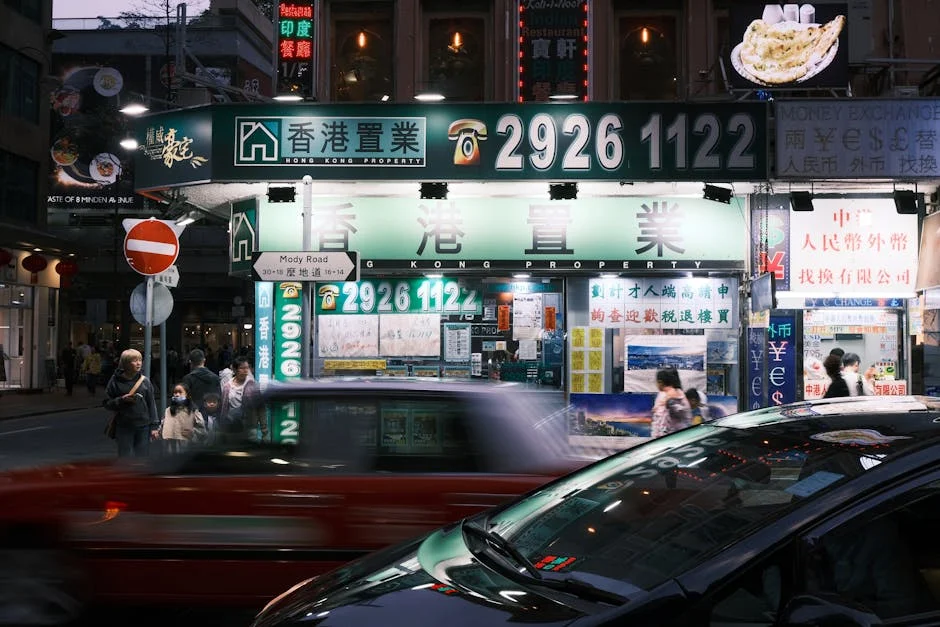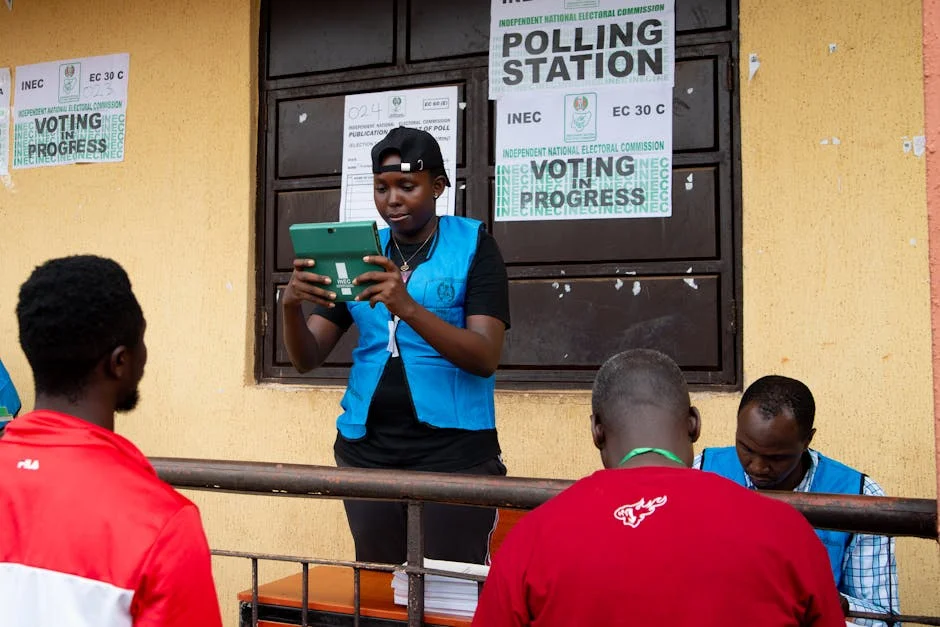The media was recently awash with news of coup d’état in Niger Republic. Gen. Abdourahamane Tiani-led military junta struck on July 26, sweeping aside the democratically elected government led by President Mohamed Bazoum.
With the coup, Niger joined the list of growing African countries under military rule. Already in the fold are Guinea, Burkina Faso, Mali, Chad and Sudan.
Justifying the putsch, the spokesperson of the coup plotters, Col. Amadou Abdramane, said sacking Bazoum was the military’s response to `put an end to the regime that you know due to the deteriorating security situation and bad governance`.

Opponents of military regime say it is characterised with human rights abuses, suppression of the freedom of the press and expression; suspension of constitutions which the people give to themselves through their elections representatives.
Democrats insist that the best benevolent dictatorship is worse than an ineffective democracy.
DONT MISS: Niger Coup: ECOWAS’ approach not ‘tele-guided by foreign powers’ – President
Regional bloc, ECOWAS, led by giants, Nigeria, has escalated international pressure on the military to return deposed Bazoum to power. The regional body has threatened use of for should the junta defy its request.
The imposed plethora of economic, air and land sanctions as well as military have not persuaded the junta to relinquish power.
The military junta has rolled out its transition to civilian rule programme that, which is said would last three years, a condition ECOWAS and its international allies have rejected.
International politics experts and security buffs wonder how military rule which has faded in Africa in the last decades has suddenly become attractive.
This puzzle becomes more pertinent given the open arms with which the citizens of Niger welcomed the military takeover in their country.
Democrats insist that no matter how benign military regime is, it remains anachronistic, reprehensible and should be condemned.
Experts say although it is important to push back on military incursion into civilian rule, concerted efforts should be made to prevent it from taking place.
Dr Oluwole Daini, the Chief Executive Officer (CEO) of Global Services International Academy, Abuja, told the News Agency of Nigeria (NAN) democracy in Africa would remain shaky in the absence of good governance.
“Regardless of colour, creed, ancestry, sex or age, It is important to state that at almost all the levels of democratic government in most African countries, the leaders often pay only lip service to good governance“, he Daini said.
He said true democracy across the continent was the antidote to military incursion into politics.
“Every democratically established government must understand that good governance should focus on vision – a shared understanding of what the leaders of the government are trying to achieve and the difference they intend to create“, he said.
He said there should also be:”strategy—the planned achievement of the vision; Leadership – the means by which the government will advance the strategy.
According to him, democracy should also be built on assurance—comfort and confirmation that the government is delivering the strategy to plan, manages risk to itself and others as well as working within the law, and delivering of safe and quality services.
“Probity– this means the government is behaving according to proper standards of conduct and acts in an open and transparent manner; stewardship – this means the government applies proper care to resources and opportunities belonging to others for which it is responsible, or can effect’’, he said.
According to him, democracy demands accountability and transparency on the part of those entrusted with the power to govern the society.
He, however, said it important that efforts were made by citizens of countries under a military rule and concerned entities to ensure that the consolidation of democracy was not thwarted by any group of individuals.
“It is therefore not unexpected that the most common and popular reaction to any form of military insurrection is that of disapproval, admonition and condemnation of the coup plotters’’, Daini said
According to Mr Joe Keshi, a former ambassador, while making efforts to stem the tide of military incursion into politics, regional powers and governments should also address poverty on the continent.
“Beyond the leadership issue, which is very critical, there is the economic issue. Of course, there is a poverty issue. The military always checks the mood of the people before they strike’’, said Keshi who served in various countries including Ethiopia, Belgium and Namibia.
Keshi said the military should be persuaded to allow democracy to take its full course, adding that sometimes civilians also deliberately violate the constitution to remain maintain their grip on power.
“It is all about justice, equity and fairness from the side of the government. Those who want to come to equity should come with clean hands.
“You have people who have tampered with the constitution to extend their tenures; you have people who rigged an election that are very contentious. Some have suppressed all oppositions and have stayed over 20 years in power’’, he was recently quoted by the media as saying.
The President of Gambia, Adama Barrow, urged stakeholders to demonstrate their dislike for unconstitutional regime change.
Barrow, who nearly lost his government in a failed coup attempt in 2022, spoke in Bajul, the Gambia’s capital, at the opening of 2023 International Confernece of Community Court of ECOWAS. He was represented by his deputy, Mohammad Jallow.
``Zero tolerance for unconstitutional change in government should not just be a slogan, it should reflect in our actions in our policies and in our laws.
“It calls for strengthening our legal and institutional frameworks to guarantee the supremacy of our constitution.
“We must ensure that every individual irrespective of their position or status is subject to the law and held accountable for breaching the law”, he said. (NANFeatures)
News Agency of Nigeria.



